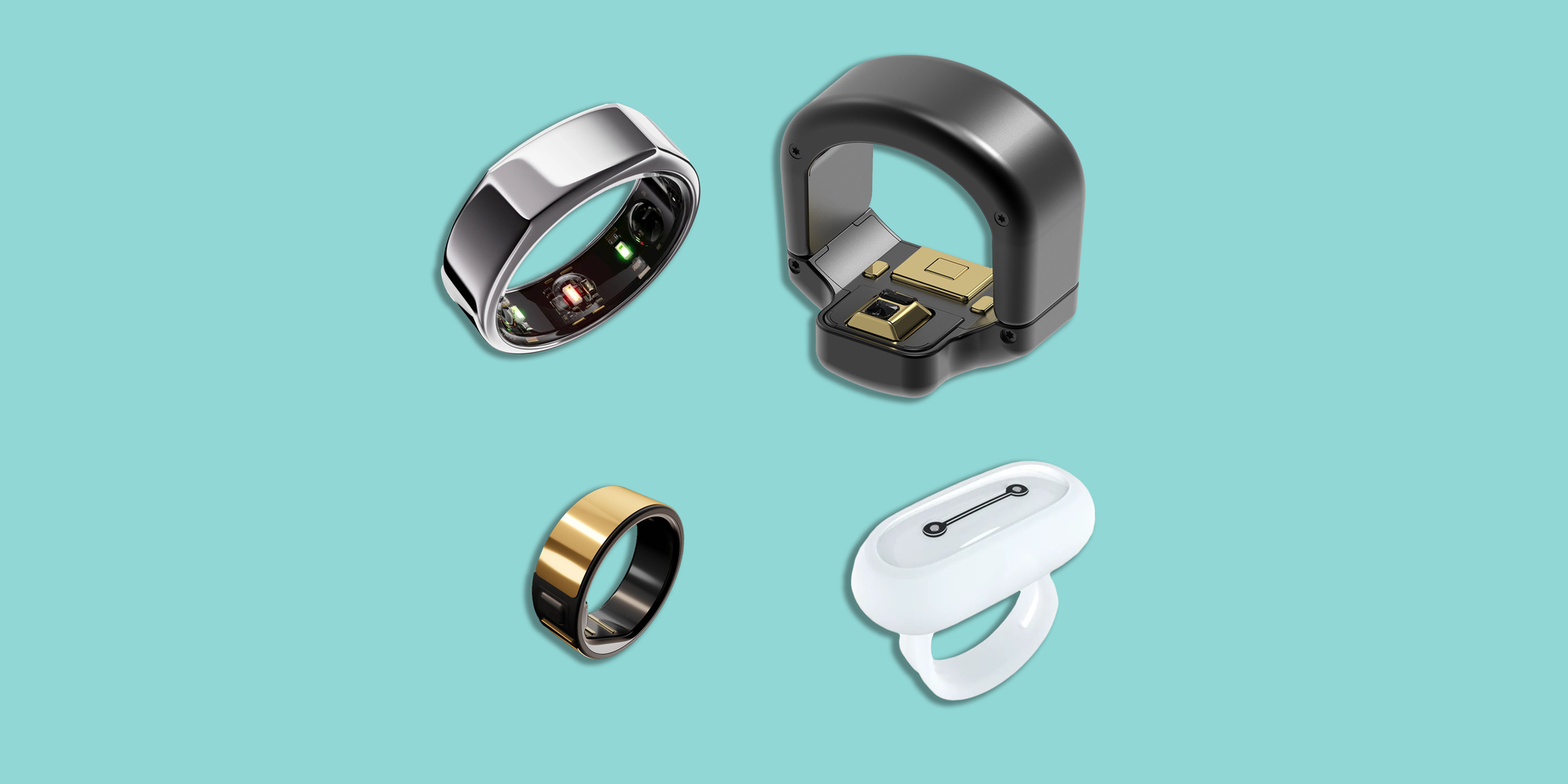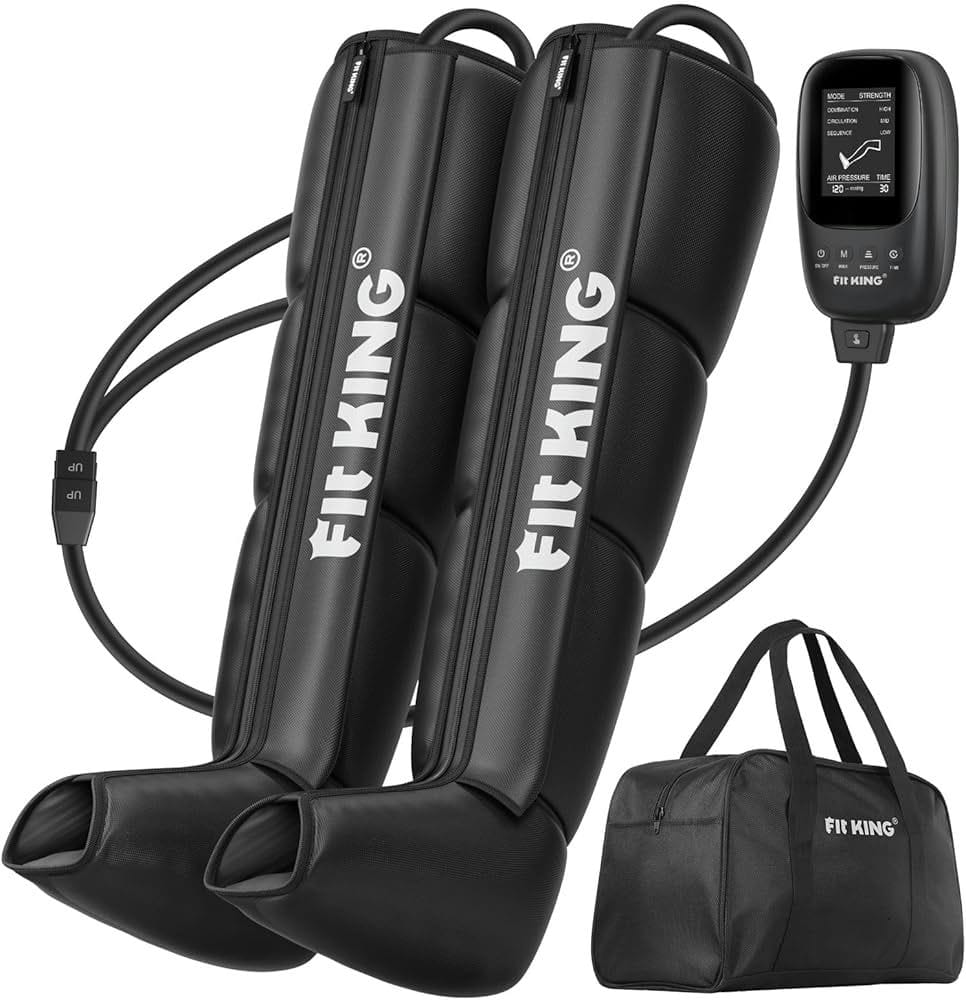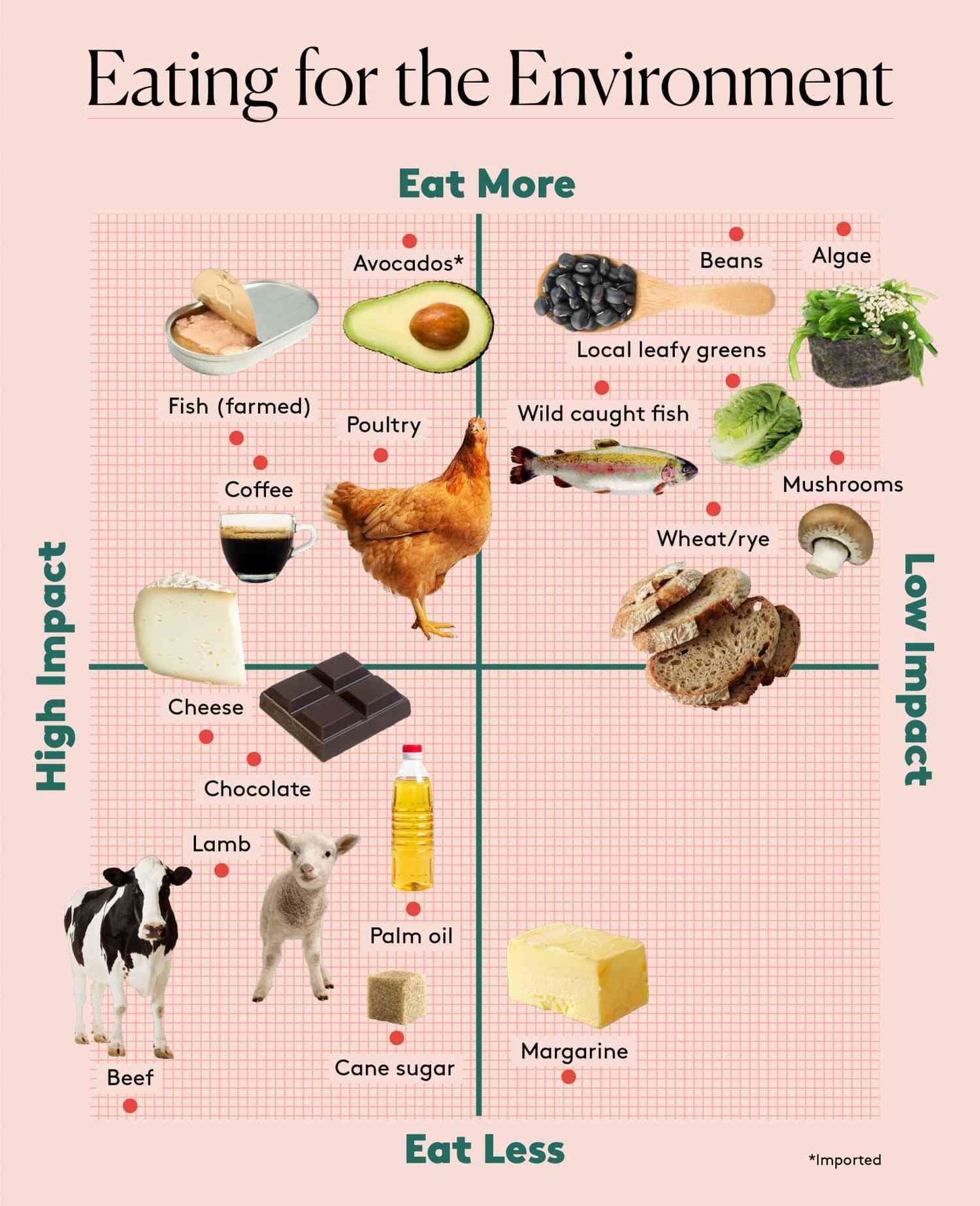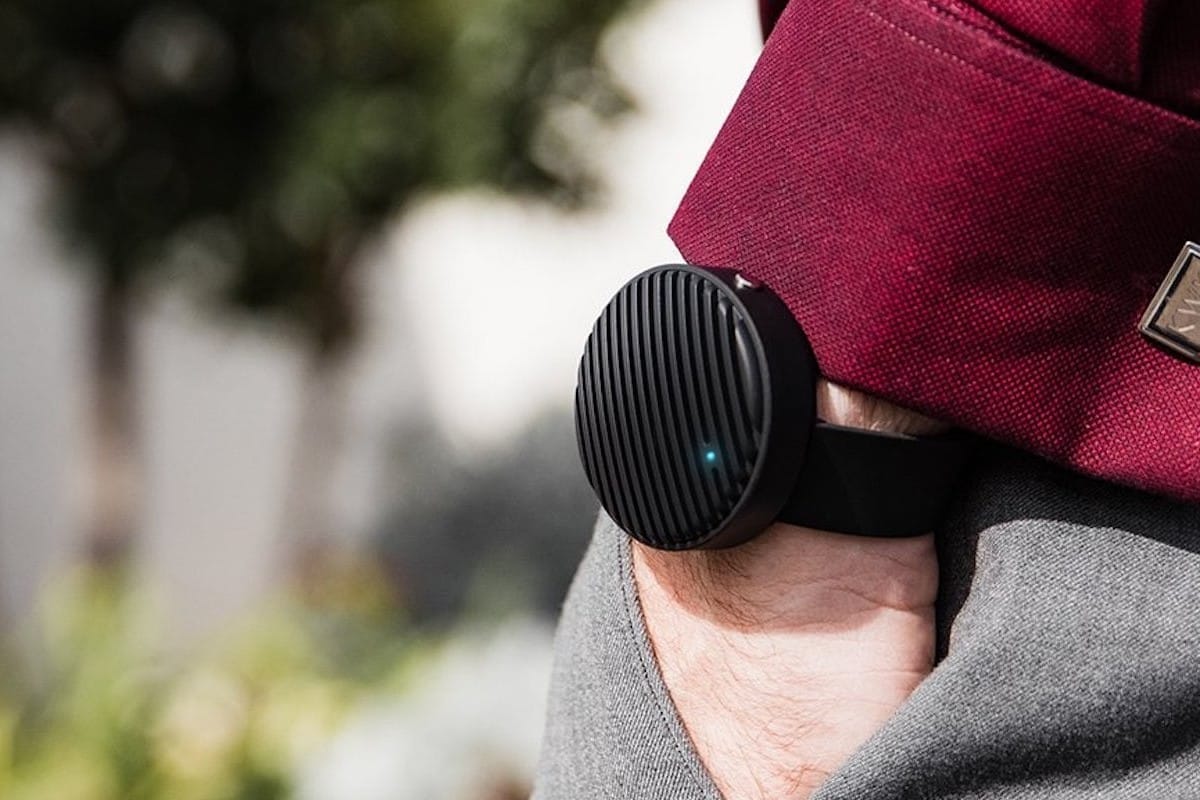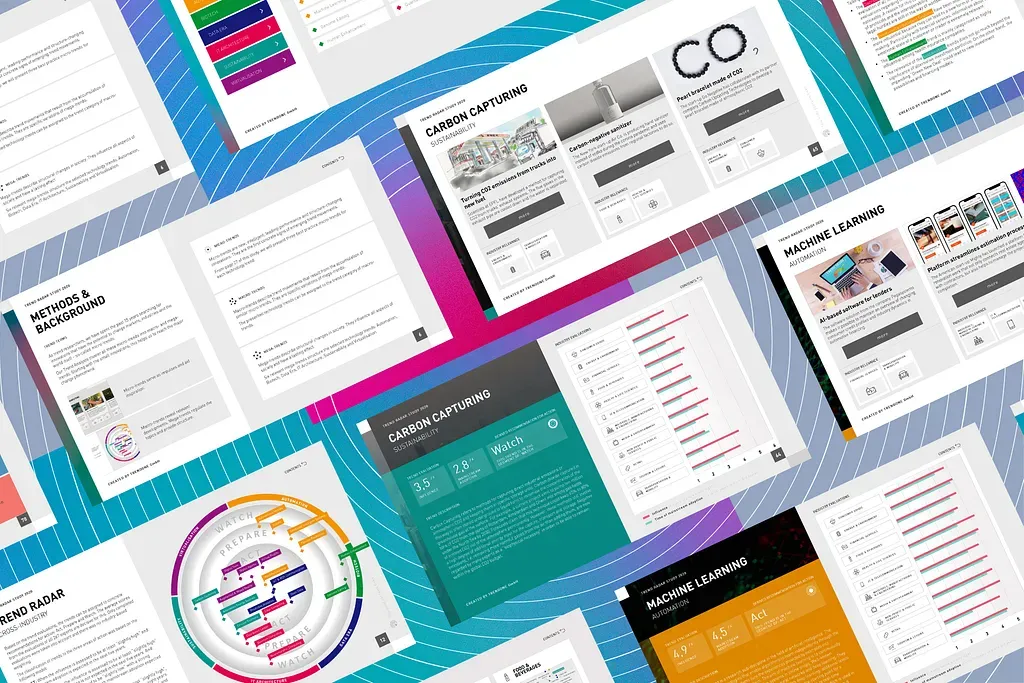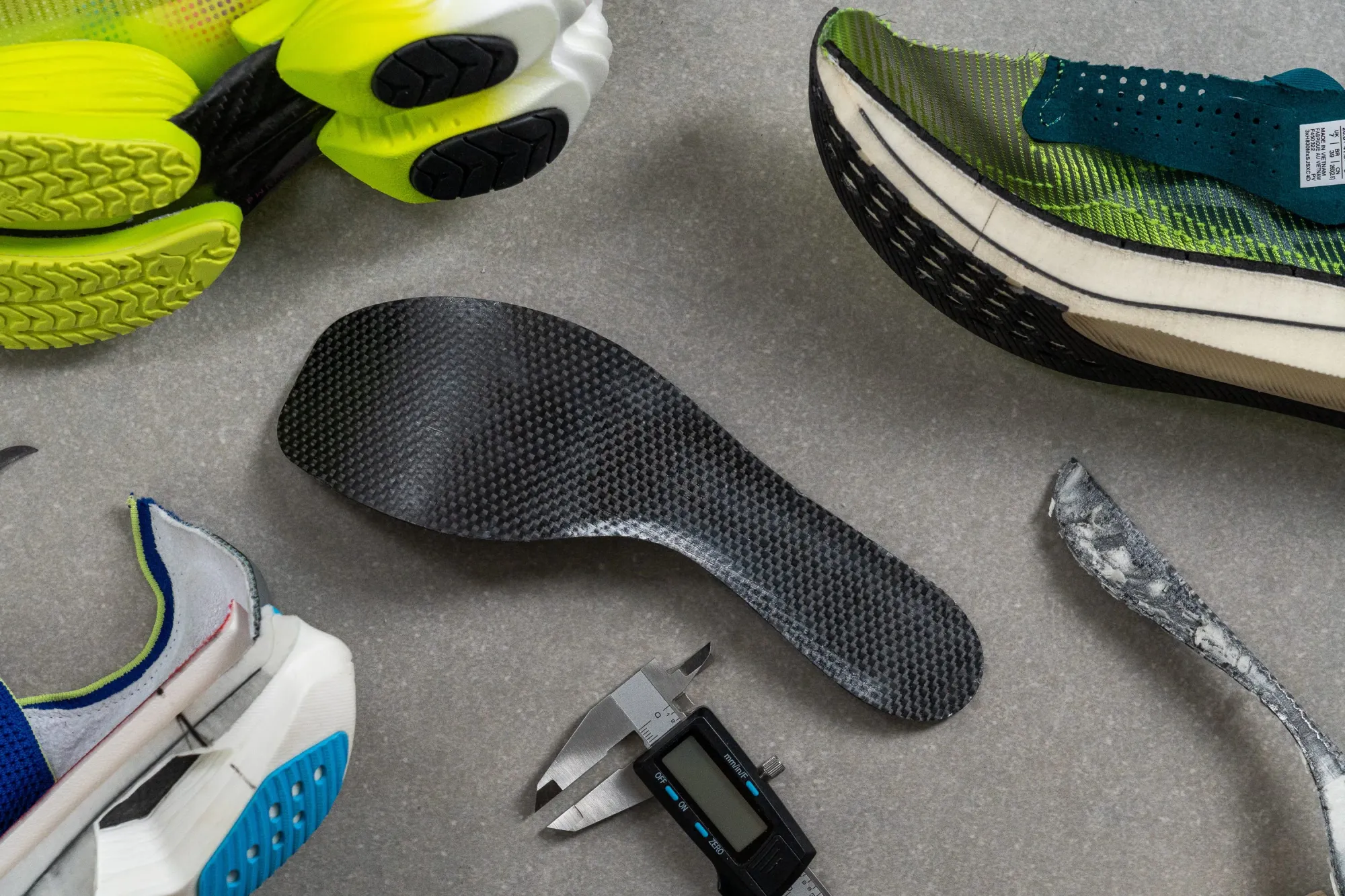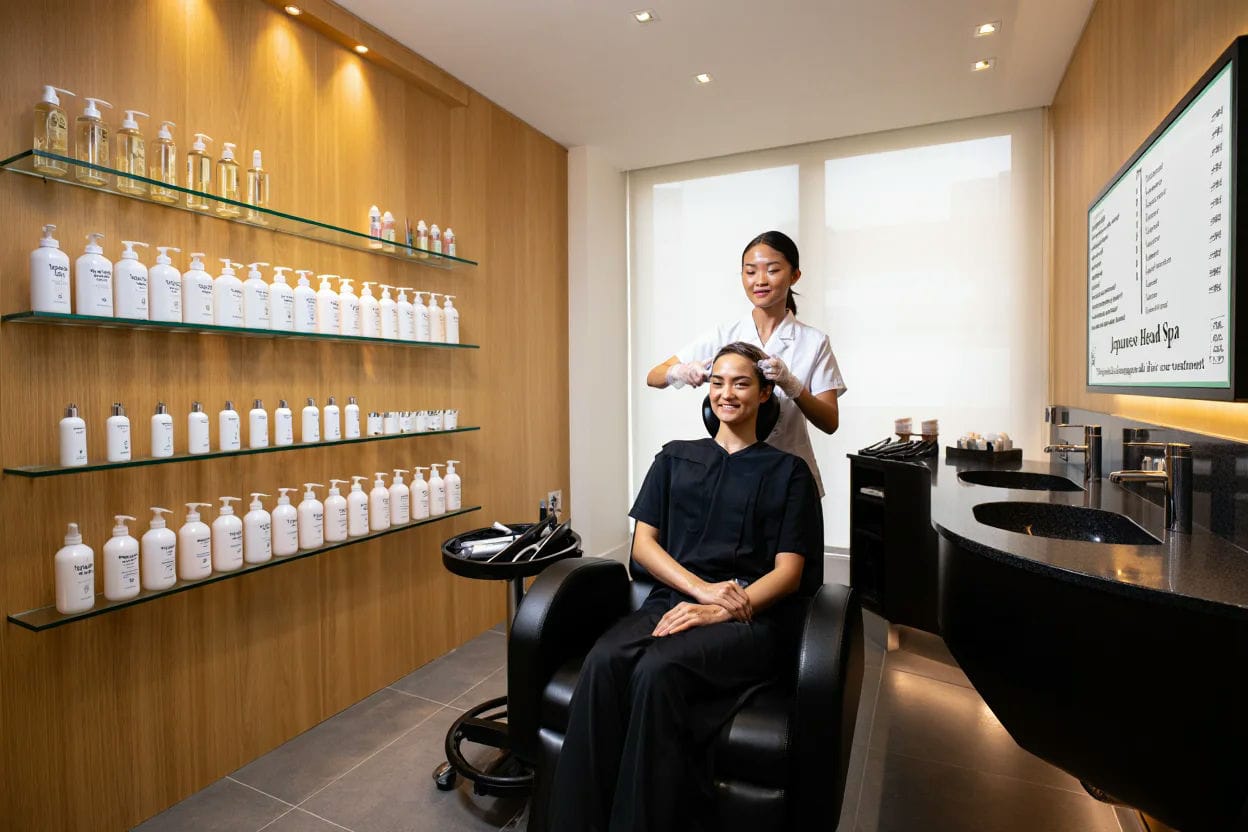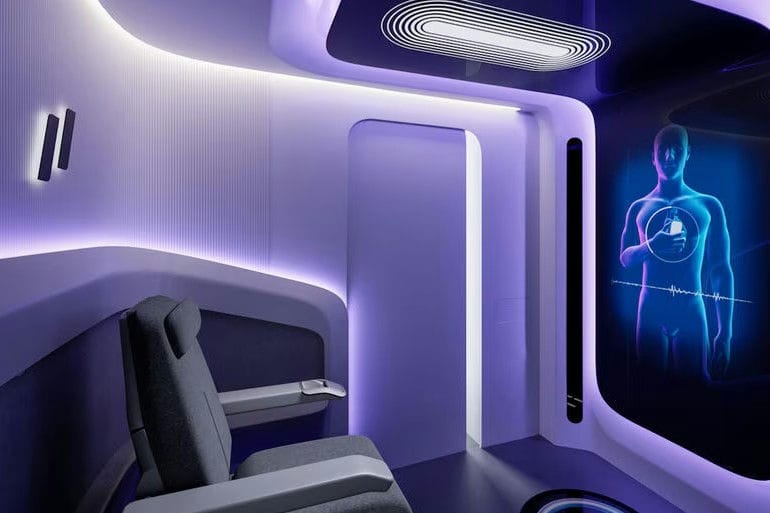A health tracking ring is a slim, finger-worn device embedding sensors—photoplethysmography (PPG), temperature, accelerometer—to continuously monitor vital metrics such as heart rate, heart-rate variability (HRV), sleep stages, blood oxygen, body temperature, and daily activity. Its stable placement on the finger ensures more accurate, around-the-clock data than wrist-worn trackers.
Key Trend Drivers
-
Non-Intrusive Continuous Monitoring
Rings provide passive, 24/7 data collection without bulky bands or frequent removal, fitting seamlessly into daily life. -
Post-Pandemic Wellness Focus
Heightened interest in remote health insights—sleep apnea warning, stress detection, recovery tracking—fuels demand. -
Miniaturization of Sensor Technology
Advances in micro-electromechanical systems (MEMS) and low-power electronics enable clinical-grade sensing in a tiny form factor. -
Fashion Meets Function
Designed as sleek jewelry, rings appeal to users who prefer discrete wearables over sporty wristbands.
Target Consumer Profiles
| Segment | Characteristics | Key Motivations |
|---|---|---|
| Biohackers & Optimizers | Data-driven, performance-focused | Fine-tune recovery, stress resilience |
| Wellness Enthusiasts | Prioritize sleep and mental well-being | Insight into sleep quality, readiness |
| Athletes & Fitness Fans | Seek advanced recovery and training data | Optimize training load and rest cycles |
| Tech-Savvy Professionals | Early adopters of sleek IoT devices | Continuous health insights, style |
| Aging & Clinical Users | Need non-invasive monitoring of vitals | Early detection, remote clinician sharing |
Health & Functional Benefits
-
Advanced Sleep Analysis
Detailed tracking of REM, deep, and light sleep phases with personalized coaching. -
Continuous HR & HRV Monitoring
Resting heart rate and HRV metrics indicate stress, recovery, and overall readiness. -
Blood Oxygen & Temperature
Night-time SpO₂ monitoring flags potential breathing issues; temperature shifts can signal illness onset. -
Activity & Calorie Tracking
Accurate step counts, calorie burn, and activity classification thanks to stable finger placement. -
Integrated Insights
Syncs with smartphone health platforms to deliver AI-driven trends, alerts, and long-term health dashboards.
Market Dynamics & Size
- The smart ring market is growing at a double-digit CAGR, projected to exceed USD 1 billion by 2030.
- Medical-grade rings for clinical remote monitoring represent a fast-expanding subsegment.
- Premium pricing ($200–$400) is offset by high perceived value in continuous, unobtrusive health insight.
Product Formats & Innovations
| Format | Description | Use Case |
|---|---|---|
| Basic Wellness Ring | Sleep, HR, activity tracking | Everyday wellness monitoring |
| Pro Health Ring | Adds SpO₂, skin temp, advanced HRV analytics | Clinical & athletic performance |
| Smart Jewelry Hybrid | Gemstone-inlaid designs with full sensor suite | Fashion-forward health wearable |
| Developer SDK Kits | Sensor modules and APIs for custom app integration | Research and OEM applications |
| Subscription Analytics | Premium software tier with deep-dive health reports | Corporate wellness, telehealth |
Challenges & Considerations
-
Battery Life vs. Features
Balancing continuous sensing with multi-day battery life; frequent charging can hinder adoption. -
Data Privacy & Security
Handling sensitive biometric data demands robust encryption and regulatory compliance. -
Form Factor Fit
Ensuring proper ring sizing and consistent skin contact is critical for data accuracy. -
Cost Barrier
Higher price vs. wristbands requires clear communication of unique benefits.
Future Outlook & Opportunities
-
Telehealth Integration
Direct feed of ring data into virtual care platforms for chronic disease management and preventative care. -
Expanded Biomarkers
Next-gen rings adding sweat analyte sensors (glucose, lactate) and ECG capabilities. -
AI-Driven Personalization
Machine-learning–based insights delivering customized wellness and training plans. -
Enterprise Wellness Programs
Corporate deployments to monitor workforce stress, sleep, and productivity metrics.
Conclusion
Health tracking rings marry miniaturized sensor technology with elegant design to offer continuous, clinically relevant insights in a non-intrusive form. As demand for seamless, data-driven wellness grows, rings are poised to become indispensable tools for individuals, athletes, and healthcare providers seeking real-time, actionable biometric information.


